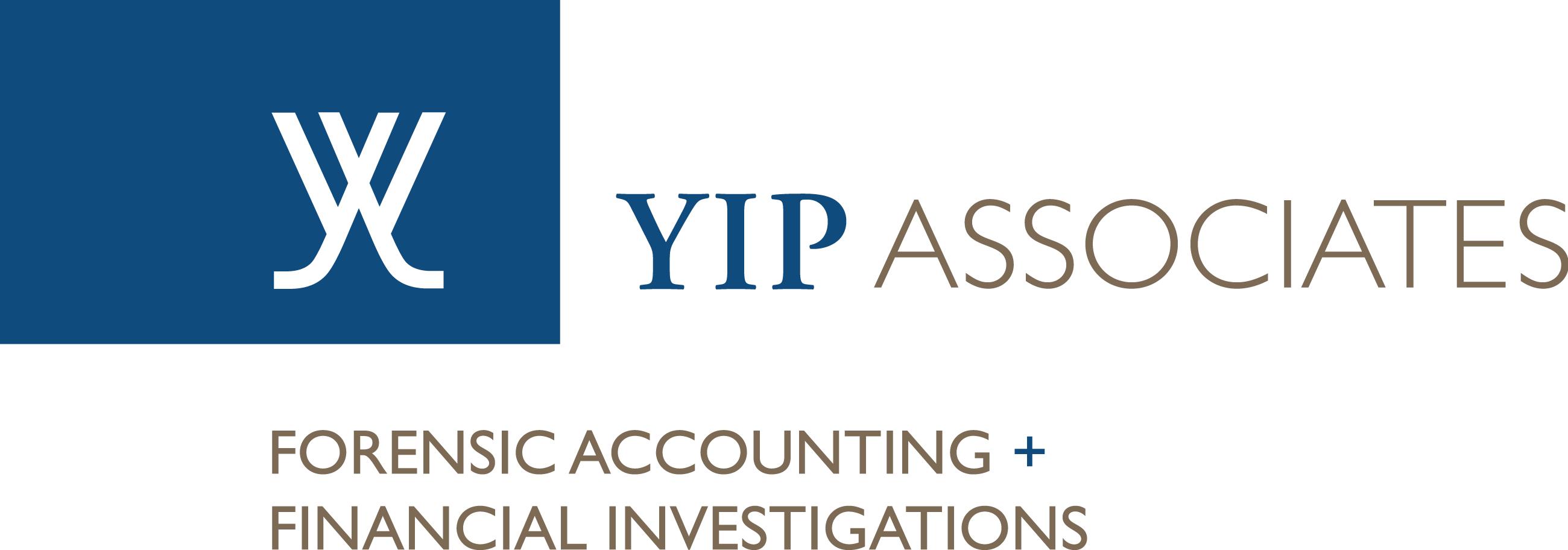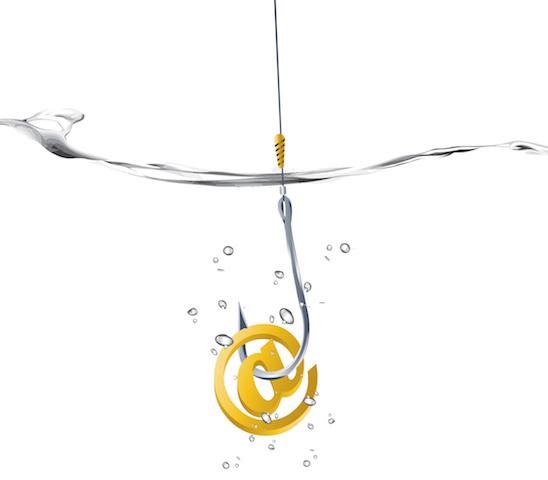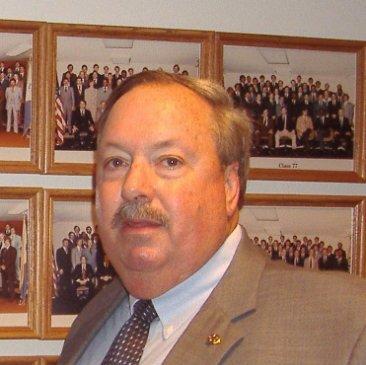Interviewing can be quite an exhilarating experience. The ability to talk to a suspect, get the person’s story on record, and elicit a confession is among the most exciting, important parts of a forensic accountant’s job. Much like physical forensic evidence in a murder investigation, the interview in a forensic accounting examination can often make or break the case.
Take, for example, a publicly-traded company that had to write off a sizable investment found to be worthless. If reported properly, this kind of mishap can devalue company stock, resulting in a drop in share prices. However, if the company’s executives take some creative liberties in their financial reporting by “accidentally” ignoring generally accepted accounting practices, they may effectively hide the loss and maintain financial standing. In such a scenario, the forensic accountant may be able identify signs of intentional acts of falsifying the financial reports, but without an admission of guilt, the case can be significantly more difficult to prosecute.
 The interview process for a forensic accountant is similar to a stereotypical police interrogation, but is decidedly more casual. An accountant’s interview is intended to obtain both necessary information and, if possible, elicit a confession from a guilty suspect. Prior to interviewing a subject, it is important for the accountant to take to the time to understand the matter at hand by properly researching details like the subject’s position, work evaluations, time at the firm, and the facts surrounding the case. With a thorough understanding of the relevant information, the interviewer is able to analyze the situation, interpret visual and non-visual cues, and identify truthful versus untruthful statements.
The interview process for a forensic accountant is similar to a stereotypical police interrogation, but is decidedly more casual. An accountant’s interview is intended to obtain both necessary information and, if possible, elicit a confession from a guilty suspect. Prior to interviewing a subject, it is important for the accountant to take to the time to understand the matter at hand by properly researching details like the subject’s position, work evaluations, time at the firm, and the facts surrounding the case. With a thorough understanding of the relevant information, the interviewer is able to analyze the situation, interpret visual and non-visual cues, and identify truthful versus untruthful statements.
How an interview is conducted depends wholly on the subject in question. All interviews require introductory queries to persuade compliance and establish a foundation of trust, followed by general questioning designed to obtain or corroborate information. Next, interview tactics deviate depending on the role of the subject in the interrogation. If the interviewee is not a suspect, the interview can be concluded by verifying the information provided and thanking the subject for his cooperation.
Unmasking guilt is an art form beyond simply listening to yes and no answers. From dramatic statements to uneasy body language, subtle shifting of responsibility to qualifying seemingly normal statements, the signs of a guilty individual are vividly clear to an experienced interviewer. When all signs point to a guilty party, it’s time for the interviewer to step up his investigation.
Admission-seeking questions, as the name implies, are designed to guide a suspect into making an admission of guilt. Once it is reasonably clear that the subject played a part in the crime, an interviewer can dive a little deeper. When an interview subject stays sullen and silent, shifts uncomfortably in his seat, or gives contradictory information, the truth will become clearer and clearer. As the interviewer sympathizes, cajoles, and coaxes, the outcome of an investigation can grow more certain. By creating the right combination of open and closed-ended questions, leading questions, and multi-part compound questions, skilled forensic accountants can coax out the truth in even the most complex situations.
Working with suspects can be a challenge, especially if they are reluctant to speak at all. There’s no surefire strategy to draw an unhappy interviewee out of his shell, but the forensic accountant can take advantage of human emotion, showing compassion, understanding, and a willingness to cooperate, even if the subjects in question are guilty.
“I understand why you felt the need to take such drastic measures. Were you just being a loyal employee and protecting the company?” “Is this the first time you have made a decision to obfuscate important financial facts?” With a thorough understanding of the right methods of questioning to use and when to use them, a carefully crafted approach designed to catch a suspect in a web of lies can persuade even the most stubborn and defensive individual to confess his transgression.
Persuading a signed confession is the final step in a successful interview. It’s best to have the written confession prepared in advance, so as to get the subject’s signature when the time is right. Once a confession has been signed, the subject’s word is on the record and cannot be changed or taken back as the investigation proceeds. However, a carefully conducted interview can provide excellent evidence of guilt even in the absence of a confession. It’s often said that the next best thing to a confession is a story full of lies. Lies can provide excellent evidence regarding consciousness of guilt.
Understanding the fine art of interviewing can make a significant impact in the process of investigating accounting fraud. Armed with the right tools and techniques, a competent forensic accountant can make a difference in an investigation, prompting a confession out of a suspect and identifying the best possible ways to turn an interview into invaluable evidence.
What are a few tricks that you would try if you were interviewing a fraud suspect? Would you arrange the interrogation room a certain way? Would you offer the suspect food or drink?






